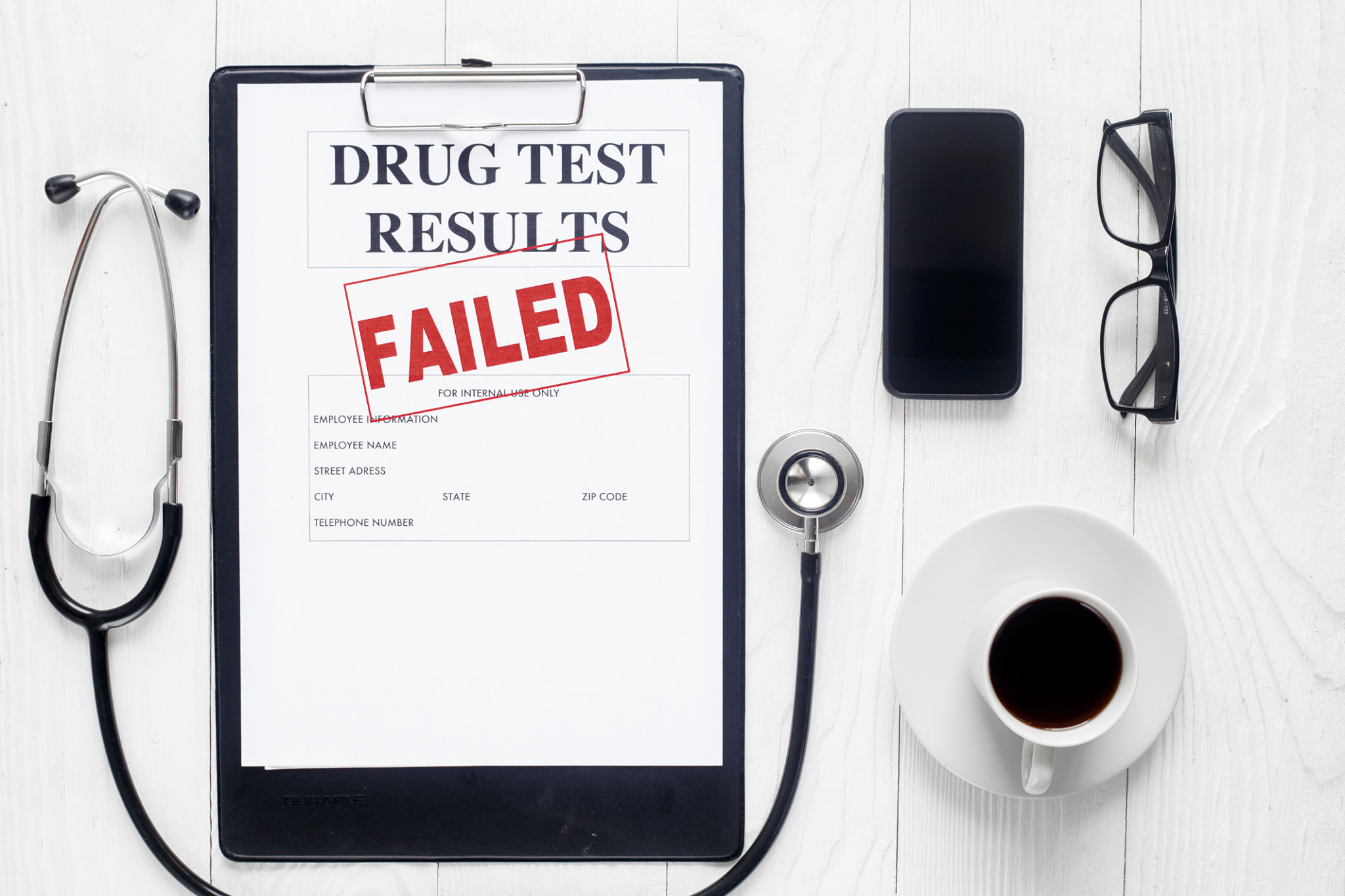FAQ: Everything You Need to Know About Drug Testing
What is Drug Testing?
Drug testing is a process used to identify the presence of illegal or prescription drugs in the body. It is commonly used by employers, law enforcement agencies, and sports organizations to ensure compliance with regulations and maintain safety. Drug tests can detect substances such as marijuana, cocaine, amphetamines, and opioids.

Why is Drug Testing Important?
Ensuring safety is one of the primary reasons for drug testing. By screening for drugs, organizations can reduce accidents and injuries, particularly in high-risk environments like construction sites or transportation. Additionally, drug testing helps maintain a productive work environment by identifying employees who may need assistance with substance abuse issues.
Another important aspect is legal compliance. Many industries are required by law to conduct drug testing, especially those regulated by federal or state government guidelines. This ensures that the organization adheres to safety standards and provides a safe workplace for all employees.
Types of Drug Tests
There are several types of drug tests, each with its own method and purpose. The most common types include:
- Urine tests: These are the most common and can detect recent drug use.
- Hair tests: These can detect drug use over a longer period, usually up to 90 days.
- Blood tests: These are less common but provide very accurate results.
- Saliva tests: These are non-invasive and can detect recent drug use.

How to Prepare for a Drug Test
Preparing for a drug test involves understanding the type of test being conducted and following any specific instructions provided by the testing agency. It's important to disclose any prescription medications to the tester, as these can affect the results. Staying hydrated and avoiding any substances that may trigger false positives is also advisable.
For those concerned about passing a drug test, the only guaranteed way is to avoid drug use altogether. It's crucial to understand that many over-the-counter products claiming to help pass drug tests are unreliable and may not be effective.
What Happens if You Fail a Drug Test?
If an individual fails a drug test, the consequences can vary depending on the organization's policies and the context of the testing. In employment scenarios, it may lead to disciplinary action, including termination. Some organizations may offer support or rehabilitation programs for employees struggling with substance abuse.

In legal situations, failing a drug test can result in penalties or legal action, depending on the severity of the offense. It's important to understand the specific policies and legal implications associated with drug testing to navigate the situation appropriately.